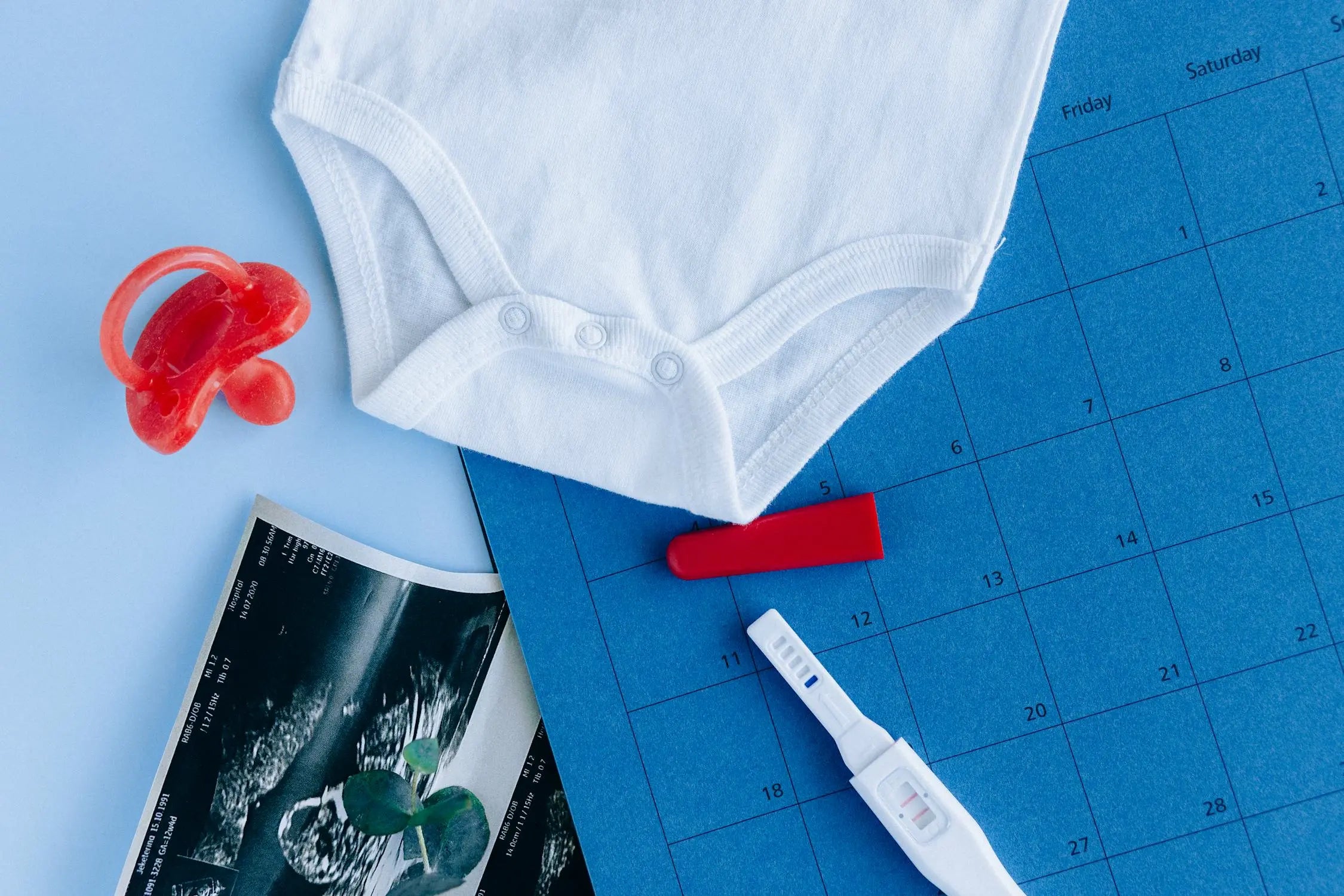Home
Pregnancy, Breastfeeding, and Pumping: The Ultimate Guide for Moms
Can a UTI Cause a Negative Pregnancy Test? Exploring the Connection

Can a UTI Cause a Negative Pregnancy Test? Exploring the Connection
When you're trying to conceive, every little detail matters. From tracking ovulation to taking pregnancy tests, the journey can be both exciting and nerve-wracking. But what happens when a urinary tract infection (UTI) enters the picture? Could a UTI cause a negative pregnancy test? This question has puzzled many women, and the answer isn't as straightforward as you might think. Let's dive into the science behind UTIs, pregnancy tests, and how they might interact.
Understanding UTIs and Their Impact on the Body
A urinary tract infection (UTI) occurs when bacteria invade the urinary system, which includes the kidneys, bladder, ureters, and urethra. Symptoms often include a frequent urge to urinate, a burning sensation during urination, and cloudy or strong-smelling urine. While UTIs are common and usually treatable, they can have broader effects on the body, including potential impacts on hormone levels.
UTIs can cause inflammation and stress on the body, which might influence the production and regulation of hormones. Hormones like human chorionic gonadotropin (hCG) are crucial for pregnancy tests, as they are the markers that indicate pregnancy. If a UTI disrupts hormone levels, it could theoretically affect the accuracy of a pregnancy test.
How Pregnancy Tests Work
Pregnancy tests detect the presence of hCG in urine. This hormone is produced by the placenta shortly after a fertilized egg attaches to the uterine lining. Most home pregnancy tests are designed to detect hCG levels above a certain threshold, typically around 25 mIU/mL. If hCG levels are below this threshold, the test will show a negative result, even if conception has occurred.
Factors that can influence hCG levels include the timing of the test, the sensitivity of the test, and individual variations in hormone production. Additionally, certain medical conditions, medications, and even hydration levels can affect the concentration of hCG in urine, potentially leading to false negatives.
Can a UTI Cause a Negative Pregnancy Test?
While there is no direct evidence that a UTI can cause a negative pregnancy test, there are several ways in which a UTI might indirectly affect the results. For instance, a UTI can lead to increased urine production and dilution, which might lower the concentration of hCG in the urine sample. If the hCG levels fall below the detection threshold of the test, it could result in a false negative.
Additionally, the stress and inflammation caused by a UTI might impact hormone regulation, potentially affecting hCG production. However, this is more speculative, and more research is needed to establish a clear connection between UTIs and hCG levels.
Other Factors to Consider
It's important to consider other factors that could contribute to a negative pregnancy test, especially if you suspect you might be pregnant. These include:
- Testing Too Early: If you take the test too soon after conception, hCG levels might not be high enough to detect.
- Test Sensitivity: Not all pregnancy tests are created equal. Some are more sensitive than others and can detect lower levels of hCG.
- Improper Test Usage: Failing to follow the instructions on the pregnancy test can lead to inaccurate results.
- Medications: Certain medications can interfere with hCG levels or the test itself.
What to Do If You Suspect a False Negative
If you have symptoms of a UTI and receive a negative pregnancy test but still suspect you might be pregnant, there are several steps you can take. First, consider retesting after a few days, as hCG levels double approximately every 48 hours in early pregnancy. Using a more sensitive test or testing with your first morning urine, when hCG levels are most concentrated, can also improve accuracy.
Additionally, consult with a healthcare provider to address the UTI and discuss your concerns about pregnancy. They can perform a blood test, which is more sensitive than a urine test, to confirm pregnancy. Treating the UTI promptly is also crucial, as untreated infections can lead to more serious complications.
Preventing UTIs While Trying to Conceive
If you're trying to conceive, taking steps to prevent UTIs can help avoid potential complications. Some tips include:
- Stay Hydrated: Drinking plenty of water helps flush bacteria out of the urinary tract.
- Practice Good Hygiene: Wipe from front to back after using the toilet to prevent bacteria from entering the urethra.
- Urinate Frequently: Don't hold in urine for long periods, as this can allow bacteria to multiply.
- Avoid Irritants: Avoid using harsh soaps or douches in the genital area, as they can disrupt the natural balance of bacteria.
While UTIs are common, taking preventive measures can reduce your risk and help ensure that your journey to conception is as smooth as possible.
So, can a UTI cause a negative pregnancy test? While there's no definitive answer, it's clear that UTIs can introduce variables that might affect test results. If you're experiencing symptoms of a UTI and have concerns about pregnancy, don't hesitate to seek medical advice. Your health and peace of mind are worth it.
Share
